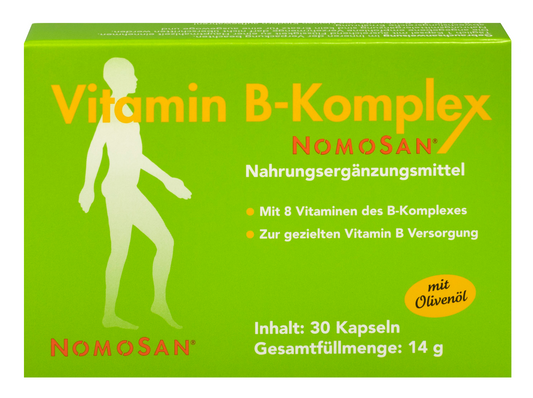Olive oil, particularly extra virgin olive oil (EVOO), has been a central part of the Mediterranean diet for centuries and is valued for its many health benefits. These benefits range from internal use to promote heart health to external use in skin care. In recent years, scientific studies have investigated numerous health-promoting properties of olive oil, with promising results for both human and animal consumption.
Olive Oil and Chronic Diseases
A large number of scientific studies have examined the link between olive oil consumption and the prevention of chronic diseases. In particular, the role of olive oil in the Mediterranean diet, which is known for its positive effects on heart health, is highlighted. A review of ten meta-analyses shows that regular consumption of olive oil is associated with a lower risk of cardiovascular disease, breast cancer and type 2 diabetes. This is attributed to the high content of monounsaturated fatty acids, especially oleic acid, as well as the antioxidant and anti-inflammatory properties of the polyphenols in olive oil.
These polyphenols, including hydroxytyrosol, tyrosol and oleocanthal, help support the immune system and may have beneficial effects on certain inflammatory parameters. These bioactive compounds are also believed to possess antithrombotic and antimutagenic properties, which may help reduce the risk of cancer and other chronic diseases.
Olive oil in skin care
Olive oil is not only known for its internal health benefits, but is also widely used in skin care. Thanks to its moisturizing properties and antioxidant content, olive oil is a popular ingredient in many skin care products. The fatty acids found in olive oil, especially oleic acid, make the skin soft and supple. In addition, the polyphenols it contains, such as hydroxytyrosol and tyrosol, offer some protection against oxidative damage that can be caused by free radicals.
Scientific studies have shown that olive oil can play a supportive role in wound healing. Certain polyphenols in olive oil promote the proliferation and migration of fibroblasts, which are essential for tissue regeneration. These findings suggest that olive oil could support wound healing by accelerating the healing process and promoting tissue regeneration.
However, olive oil should be used with caution in skin care, especially in people with sensitive skin. Some studies have shown that olive oil can compromise the skin barrier when used long-term, especially in people prone to atopic dermatitis. Therefore, it is advisable to test olive oil on a small area of skin first and carefully observe the skin reaction.
Use of olive oil in animal feed
In addition to its health benefits for humans, olive oil has also gained importance in animal nutrition. Studies show that adding olive oil to animal feed can improve performance and product quality. This is mainly due to its antioxidant properties and high content of unsaturated fatty acids, which maintain the oxidative balance in the animals' bodies.
The use of olive oil and its derivatives in animal nutrition could help improve the health and productivity of livestock. In poultry production in particular, olive oil has been shown to promote antioxidant activities and reduce inflammatory processes in the animals' bodies. However, these positive effects depend on various factors such as the dosage and the type of olive oil used, so further research is needed to develop optimal use strategies.
Sources:
- The use of olive oil for skin health in a Saudi population: A cross-sectional study - PMC (nih.gov)
- Effect of olive and sunflower seed oil on the adult skin barrier: implications for neonatal skin care - PubMed (nih.gov)
- The Benefits of Olive Oil for Skin Health: Study on the Effect of Hydroxytyrosol, Tyrosol, and Oleocanthal on Human Fibroblasts - PubMed (nih.gov)
- Olive Oil: Nutritional Applications, Beneficial Health Aspects and its Prospective Application in Poultry Production - PMC (nih.gov)
- Olive oil consumption and human health: A narrative review - PubMed (nih.gov)

